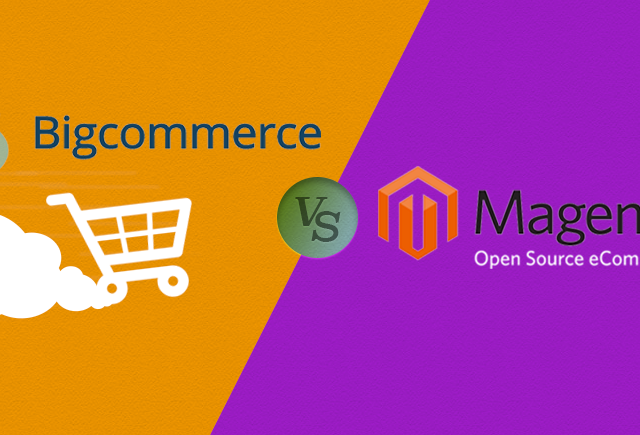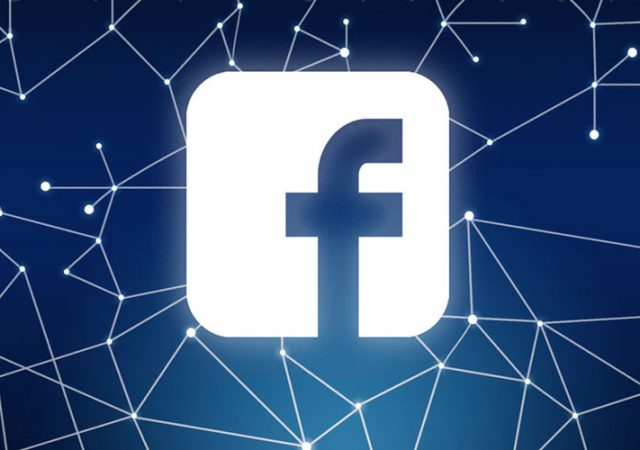Employee rewards platforms allow companies to engage, reward, and retain their employees through social recognition as well as gifts. We love employee rewards software because of the drastic impact it can have on a company’s culture. In an economy that has unemployment rates near 4%, increasing employee engagement is so important to the success of any PeopleOps team.
Despite how long the concept of rewarding and recognizing employees has been around, there are still many pitfalls that we see HR teams fall into when setting up these programs. The wrong rewards, a broken implementation, or lack of employee engagement can all lead to failure.
This failure is particularly expensive in cases where your HR team has spent significant time setting this program up, communicating it to the rest of the organization, and planning around the benefits of increased retention.
With that in mind, we wanted to share some of the best practices we’ve seen across Human Resources teams who have implemented these solutions. Some of them are more related to the process HR runs to implement and launch these solutions. And, others are related to the vendor offerings themselves.
We learned these lessons from talking to people on the HR and vendor side of things when in search of the best employee rewards software. Without further adieu, here is our list of best practices:
-
Check for hidden fees: When you do decide to partner with a vendor, make sure you fully understand their business model. If something is too good to be true, it probably is. Many vendors make money by marking up merchandise or charging exorbitant SaaS fees regardless of the scale of your project. Don’t fall into that trap, and definitely check out our employee rewards software pricing info.
-
Follow the playbook: After your HR team, your employee rewards platform vendor has the highest incentive of anyone on the planet to see you succeed. They want your program to grow and flourish – and also have lots of knowledge about how to successfully launch and nurture these programs. Spend time with your account manager to get the specific tactics that is going to make this a success. Don’t be shy about weekly or monthly check-ins when you first launch to get their advice.
-
Employee engagement: The employee perks programs that we love the most all see employees that come back to the platform each month through their own volition. They want to see their recognition, they want to recognize others. They aren’t being forced into the platform or logging in once a year on their work anniversary. Look for offerings that have >90% of employees logging in on a monthly basis.
-
Automation: Any piece of HRTech can require a massive investment of time by the HR practitioners who use it. The best employee rewards platforms have automation that allows you to onboard employees through connection with your HRIS, and automatically give rewards for milestones.
-
Align with Values: Your perks program should align with the values of your organization. For example, when people are rewarded, the reasons they get recognition should relate to your culture. Moreover, the rewards themselves should definitely fit in with your culture (company swag doesn’t count, think more like donations/cool trips/etc
-
ROI: Before you implement, you should think deeply about the goals of this program. Is it retention, engagement, something else? What are the KPIs you need to track. How often will you track them, and what goals do you have. Be thoughtful about the ROI of your efforts and how you’ll explain to the CFO why this was worth the money.
Implementing a new employee perks program is a great way to engage employees and increase retention. We spent a lot of time in this space and have aggregated our key learnings into our post on the best employee rewards software. Enjoy!




